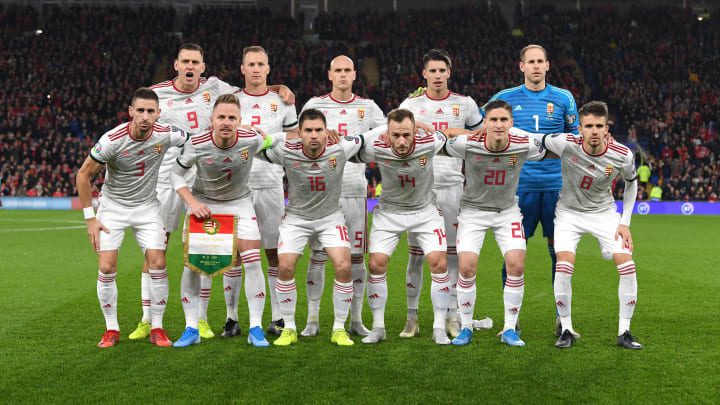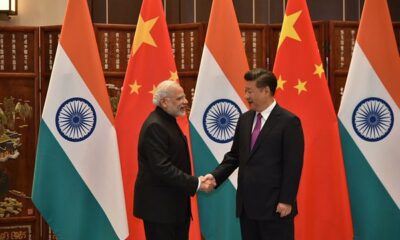Global Issues
The Fight Over European Values Play Out At The Euro 2020
Hungary’s new anti-LGBTQ law has created a disagreement that extends beyond the soccer field. The country is fueling the long-running argument on what the European Union has tried to achieve with their LBGTIQ Freedom Zone that requires the 27 participating countries to be a safe zone for everyone in the community.

When Hungary played Germany on Wednesday in the Euro 2020 tournament group stages, the match meant more than just another opportunity for Betway punters to wager. The game served as a front in the battle for the future of a more inclusive Europe.
Hungary stood on one side led by the autocratic Prime Minister Victor Orban, who passed a law earlier this month banning gay people from featuring in educational material or TV shows for underage citizens. Germany, on the other hand, is the leading nation in the European Union and they’ve remained at the forefront of condemning the discriminatory law calling it democratic backsliding.

Prime Minister Victor Orban
This week-long political standoff also reached Europe’s marquee soccer tournament taking place across the continent this year after it was postponed in 2020 because of the lockdown restrictions. The tournament is usually about which country’s team is strongest in football, with Betway Nigeria soccer betting embracing the opportunity to offer more wagering opportunities to their customers.
Besides the competitive nature of the tournament, the games occasionally act as a platform for expressing political grievances. As such, the timing for Germany’s match against Hungary provided such a stage.
The hosting city, Munich sought permission from UEFA (the tournament’s governing body) to light the venue in rainbow colors, being a clear sign that they rebuke Hungary’s anti-LGBTQ law. However, the nominally apolitical governing body (UEFA) declined their request in the spirit of maintaining the integrity of the game.

According to an official statement issued by the governing body, UEFA declined the request due to the political context related to the request. However, UEFA later retweeted that the rainbow isn’t a political symbol, but a sign of their firm commitment to a more inclusive and diverse society. The tweet was issued on Wednesday last week, following the backlash that ensued from their decision. Nonetheless, that didn’t stop Germany from expressing its displeasure in the decision.
During the match, rainbow colors lit up the Olympics tower, the town hall, and multiple stadiums in the country. About 11,000 German fans also wore rainbow colors and hoisted pride flags in the Allianz Arena during the game. Additionally, Germany’s goalkeeper Manuel Neuer wore a rainbow-colored armband as the team’s captain.
On the other hand, Orban and his supporters felt differently about Germany’s decision, which prompted the prime minister to change his plans to attend the game. Orban also blasted Munich’s officials for their request, saying that whether the hosting stadium or other stadiums in Europe use the rainbow colors isn’t their decision to make.
Clearly, Hungary’s new anti-LGBTQ law has created a disagreement that extends beyond the soccer field. The country is fueling the long-running argument on what the European Union has tried to achieve with their LBGTIQ Freedom Zone that requires the 27 participating countries to be a safe zone for everyone in the community.
The country’s anti-LGBTQ initiative is trying to push the EU towards their rightward vision towards a less multicultural Europe and their game against Germany was another reminder that they face stiff opposition.



















